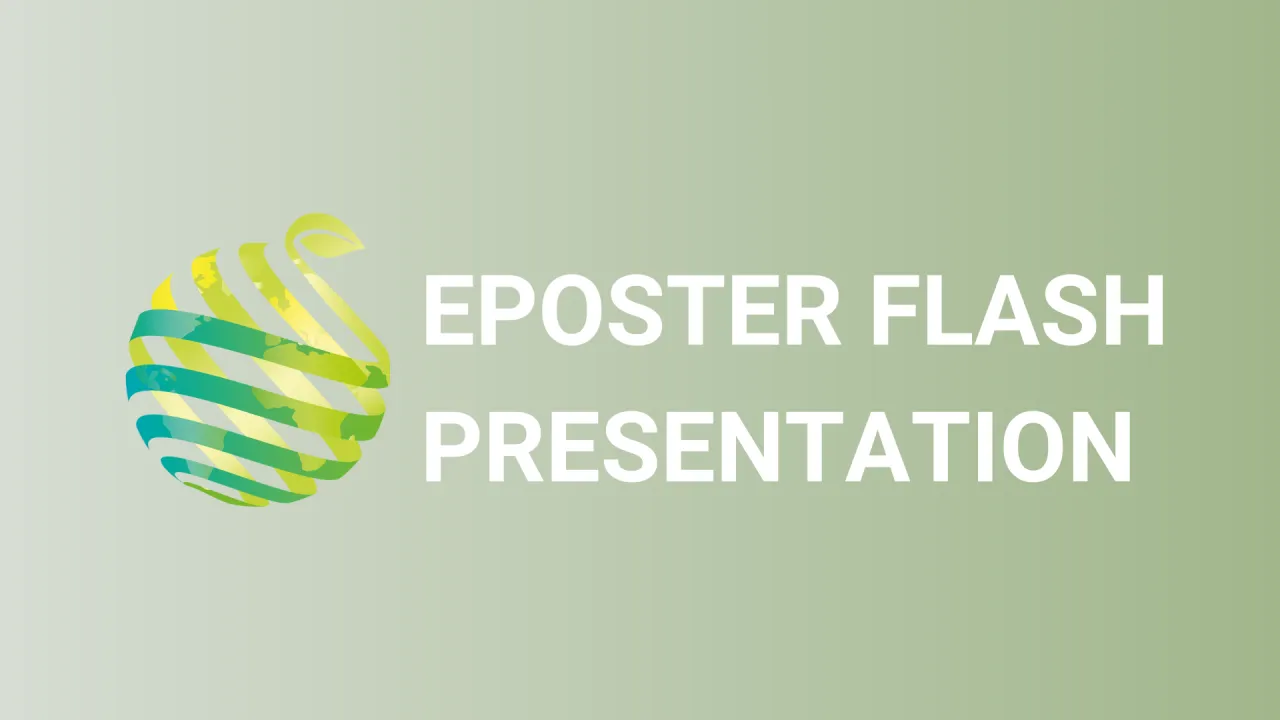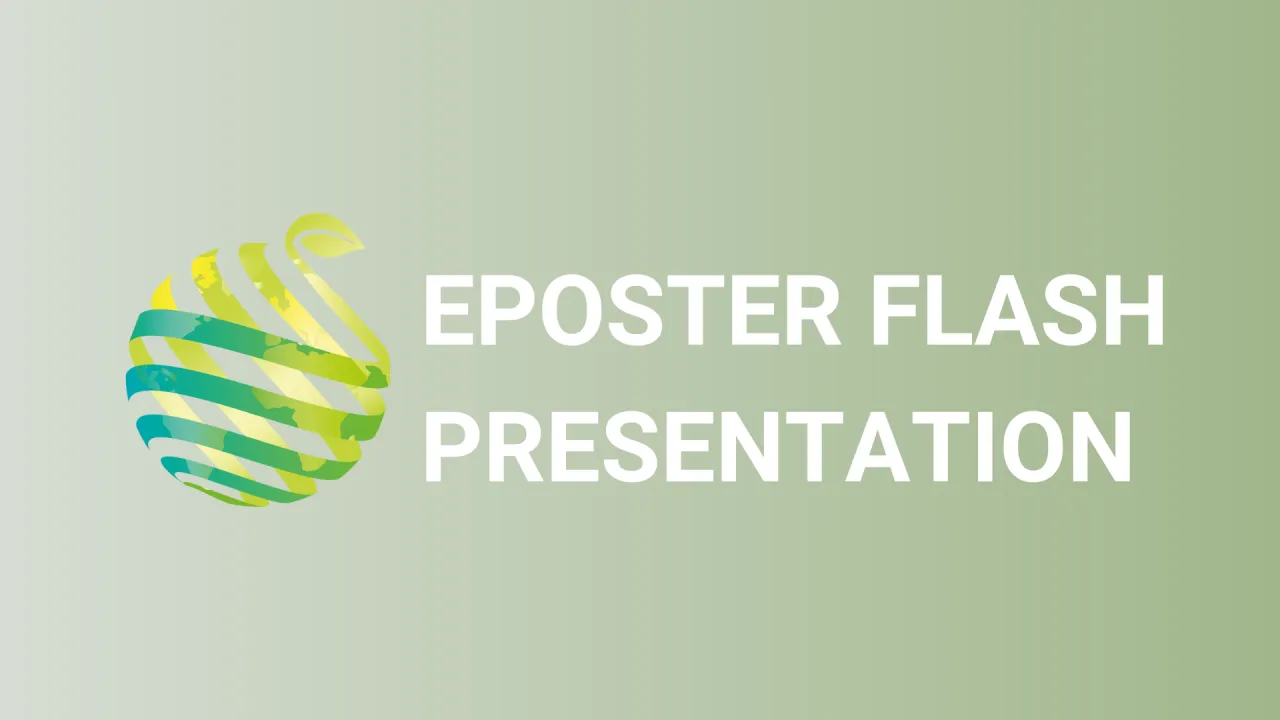

S09 - Session P3 - Challenges and innovations in sustainable production at level of farming techniques and production systems - Sustainable urban agriculture in the post-industrial midwest
Information
Authors: Frederick Michel *, Kip Curtis, Glennon Sweeney, Mary Rodriguez, Ajay Shah, Esha Shrestha
In 2019, a collaborative research project was launched in the North End of Mansfield, Ohio, a post-industrial, low income, predominantly African American community. The "Microfarm" project sought to build a cooperative sustainable urban farm system to increase the income of residents, build community social networks and reduce the environmental footprint of food production. The project established season extending, high tunnel growing systems on disused land within the city. A Cooperative was established that contracted urban farmers to produce crops with the greatest income potential. To improve sustainability, an onsite composting program was developed where neighborhood food scraps could be brought and converted into the organic fertility source used for the urban farms. A Cradle to Gate Life-cycle analysis of the system based on ISO Standards was conducted for two potential crops, lettuce and spinach. These are currently grown and shipped from the western US. It revealed that total GHGe for conventional lettuce and spinach were 0.70 and 0.55 kg CO2e per kg, respectively. For lettuce and spinach produced using the urban farm system, using compost as the fertility source, the GHGe were 56 to 74% lower. The credit for local compost use was 0.07 and 0.09 kg CO 2 e/kg, respectively. A survey of community members revealed that 25% currently compost food scraps, and that more than 65% would like to do so but most lacked knowledge or space for composting and centralized food scrap composting, as in most Midwest communities, was unavailable. The local production of food and diversion of organics to composting reduced the environmental impacts of the community by reducing landfill methane emissions, costs for organic waste and imported food transportation, and the importation and use of other organic fertilizers, like fishmeal, that have a large environmental footprint.